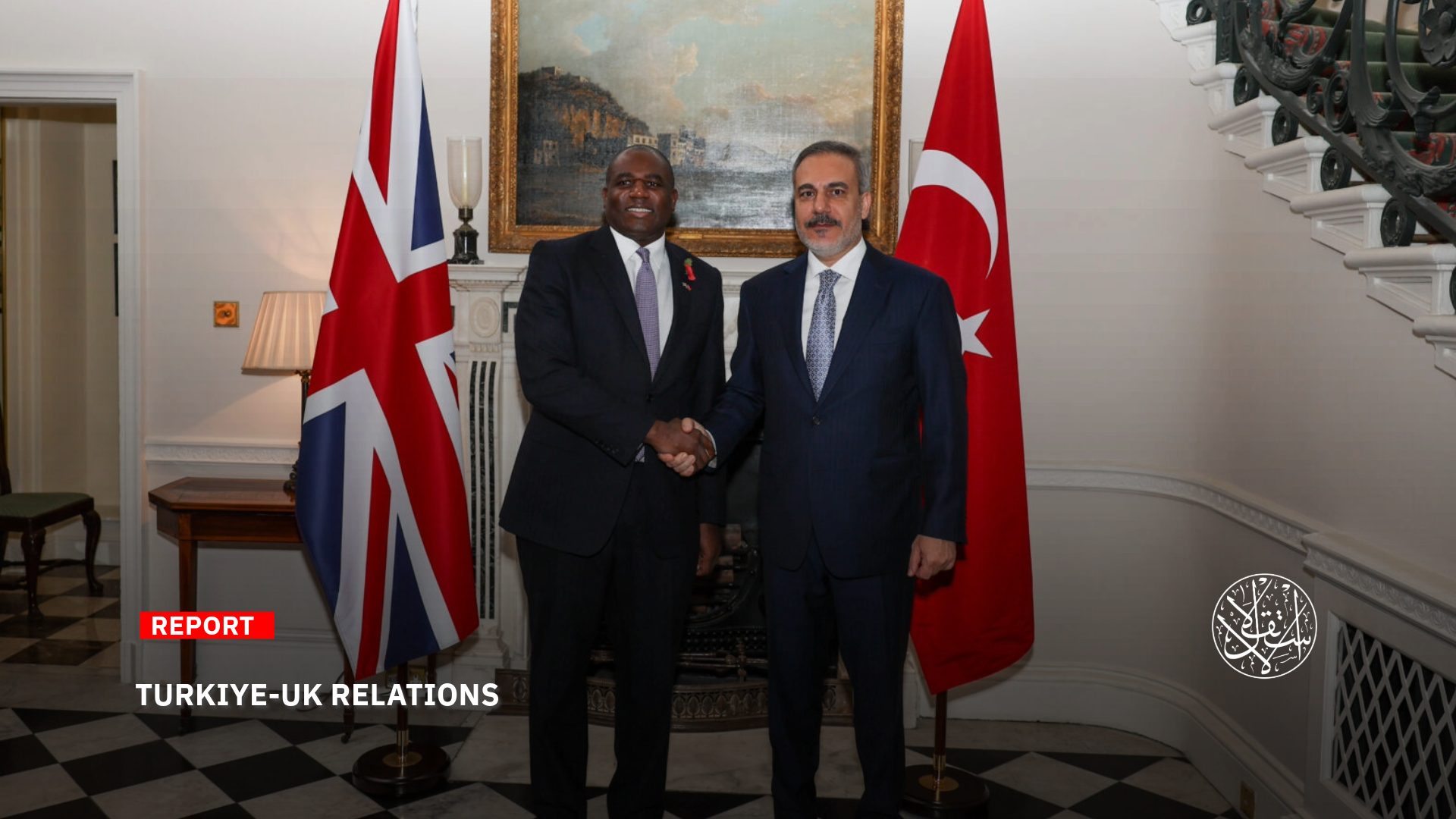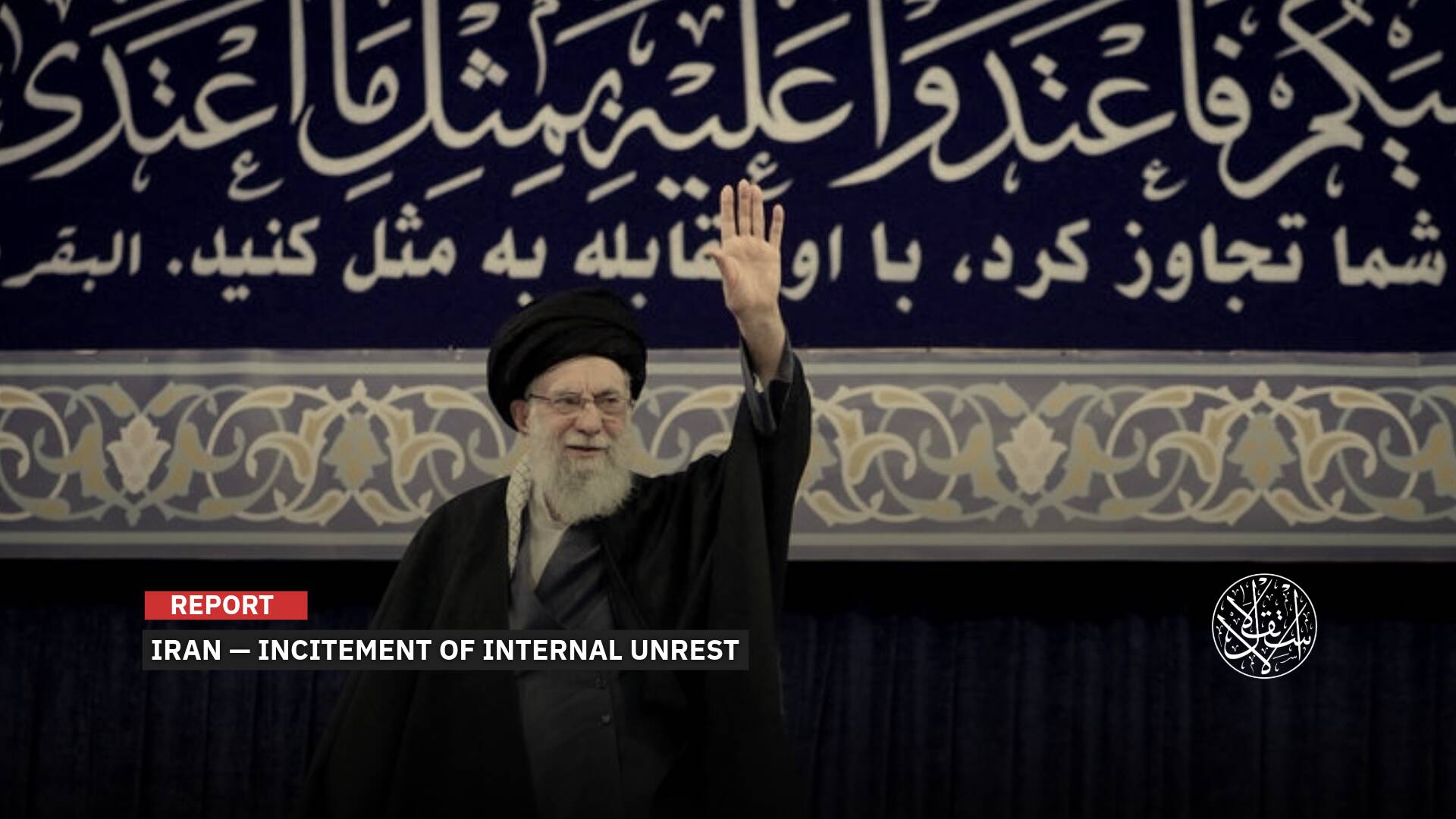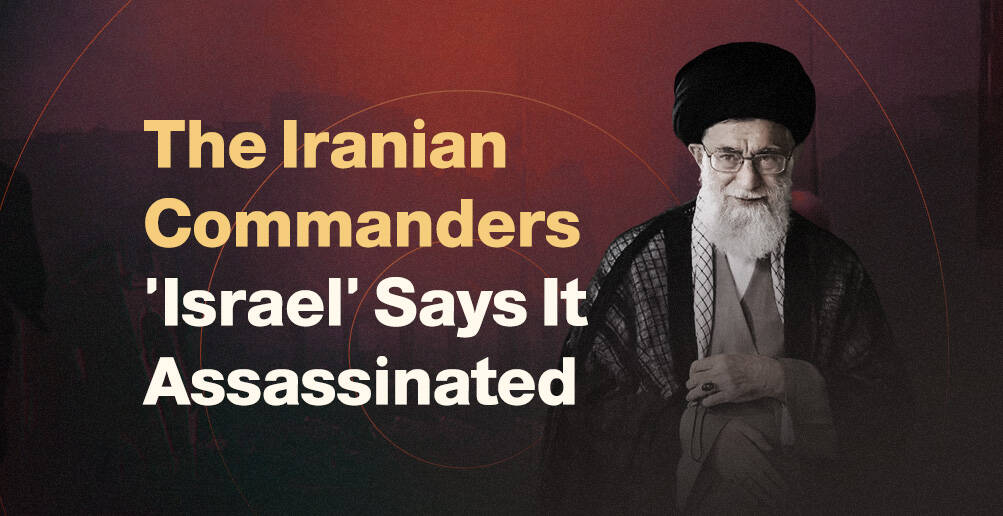Strategic Partnership in Focus: Why Turkiye’s Foreign Minister Is Visiting the UK

“Turkiye and the United Kingdom enjoy a deep strategic relationship.”
Turkish Foreign Minister Hakan Fidan visited the UK on October 30, 2024, where he met with his British counterpart, David Lammy.
The visit centered on strengthening defense industry cooperation, including talks on the potential sale of Eurofighter jets to Turkiye and the commencement of negotiations to expand the free trade agreement between the two nations.
NATO Allies
In comments about his meeting with British Foreign Secretary David Lammy, Turkish Foreign Minister Hakan Fidan highlighted their long-standing connection, dating back to Lammy's time in opposition, and expressed optimism about further strengthening the enduring ties between Turkiye and the United Kingdom.
“Turkiye and the United Kingdom enjoy a deep strategic relationship,” Fidan said. “Our goal is to continue enhancing cooperation between our countries, including expanding trade ties and updating the current free trade agreement.”
Lammy echoed Fidan’s sentiment, stating in a social media post after their meeting, that Turkiye was an indispensable ally to the UK and they were committed to “strengthening our security and building business opportunities for British and Turkish people.”
“We continue that work today as we develop a Bilateral Cooperation Framework to drive forward progress.”
Lammy also highlighted the strong commercial bond between the two nations, noting that trade between the UK and Turkiye reached £26 billion.
It’s worth noting that since 2007, Turkiye and the UK have maintained a strategic partnership, which gained further momentum following the UK’s exit from the European Union in 2016.
Since the Labour Party took power after the July 2024 elections, the new government has sent clear signals about strengthening ties with Turkiye.
The highest-level meeting between the two sides this year took place between Turkish President Recep Tayyip Erdogan and UK Prime Minister Keir Starmer during the NATO summit in Washington on July 11, 2024.

Bilateral Cooperation
Turkish Foreign Minister Hakan Fidan's visit to London sets the stage for a new chapter in Turkiye-UK relations, mapping out a future of stronger bilateral dialogue.
In 2022, Turkish and British defense ministries signed a Statement of Intent on Defence Cooperation after the UK lifted its arms trade restrictions on Turkiye. This agreement outlined key areas of collaboration, including Turkiye's domestically developed KAAN fighter jet and the potential acquisition of Eurofighter jets.
One option under consideration for developing Turkiye's KAAN fighter engine involves a joint production deal with the UK’s Rolls-Royce. Although an initial agreement with Rolls-Royce in 2017 did not yield results, the recent diplomatic rapprochement between the two countries could revive momentum for further steps in this area.
Turkiye was previously excluded from the F-35 program due to its purchase of Russia's S-400 air defense system. To address potential future vulnerabilities, It is now seeking to acquire 40 F-16 jets, along with 79 modernization kits, and an additional 40 Eurofighter jets.
The sale of these aircraft, produced by a consortium led by the UK and including Germany, Spain, and Italy, requires approval from all four countries. While Germany initially hesitated, Chancellor Olaf Scholz offered conditional support during a recent visit to Istanbul, where he met with Turkish President Recep Tayyip Erdogan amid rising geopolitical tensions and Turkiye's backing of Sweden's NATO membership.
Despite Germany’s preliminary approval, German officials continue to express reservations over Turkiye's acquisition of Russian defense systems, its military activities in Syria, and broader regional tensions. During his talks in London, Fidan is expected to discuss the next steps following Berlin’s green light.
Upon securing the necessary political approvals, Turkiye’s Defense Industries Presidency is expected to coordinate the technical aspects of the Eurofighter acquisition with the consortium.
In October 2024, Turkiye and Germany agreed to initiate technical discussions on the Eurofighter purchase, leading a technical delegation from the four Eurofighter nations—Britain, Italy, Spain, and Germany—to visit Turkiye for negotiations.
Germany is reportedly considering a conditional approval of 20 Eurofighter jets for Turkiye. However, Turkish Ministry of Defense sources have indicated that no conditions have been formally presented for the acquisition.
Meanwhile, an agreement with the U.S. for 40 F-16 jets and 79 upgrade kits has now moved forward with an initial payment, according to the Ministry of Defense.
Sources from the ministry confirmed that despite ongoing negotiations with the U.S. side, the first batch was delivered under the agreement.
They also said positive outcomes regarding the purchase of Eurofighter Typhoon aircraft were expected soon, with ongoing talks with coalition members, particularly the UK, and representatives from the manufacturing company.
“Discussions are ongoing with U.K. government officials and manufacturing company representatives on the Eurofighter Typhoon sale to our country.”

Labour Party and Turkiye
The UK's Labour Party has historically maintained strong ties with Turkiye, especially during the tenure of former Prime Minister Tony Blair. It is anticipated that the new Labour government, led by Keir Starmer, will continue to deepen its strategic relationship with Ankara.
Following the UK’s exit from the European Union, Britain and Turkiye have strengthened cooperation across defense, industry, security, and trade, a trend expected to carry forward under the new government.
As Labour’s spokesperson in 2021, David Lammy, who has extensive knowledge of Turkiye, described it as one of the world’s crucial players in a changing global landscape in his statements and writings. In a March 2023 article, Lammy noted that Turkiye has assumed a larger role in its region as U.S. global leadership wanes, with President Recep Tayyip Erdogan wielding this regional influence in both constructive and disruptive ways.
Lammy highlighted Turkiye's dual approach: on the one hand, facilitating grain shipments through the Black Sea to aid Ukraine and the world, while on the other, leveraging Finland and Sweden's NATO applications for political gains, delaying the accession process.
Looking ahead, one of the top priorities in UK-Turkiye relations is the finalization of a free trade agreement negotiated under the previous Conservative government. In March 2024, Labour initiated talks on a comprehensive, modernized free trade agreement with Turkiye, aiming to enhance economic ties.
Meanwhile, Turkish diplomatic sources indicate that Fidan will reaffirm Turkiye’s readiness to begin expanded free trade negotiations. Following Brexit, the two countries signed a free trade agreement in late 2020, but with growing momentum in relations, an expansion has been prioritized. Although formal talks were scheduled to begin in June 2024, early elections in the UK led to a temporary delay.

Divergent Stances
Before the first meeting between Keir Starmer and Recep Tayyip Erdogan in mid-2024 at the NATO Summit in Washington, observers expressed some concerns. There was uncertainty about whether the newly elected prime minister, known for his conservative outlook, would find common ground with Erdogan. However, reports suggest the meeting went better than expected.
A Turkish source familiar with the meeting said Starmer was more charismatic than anticipated, and the discussions were productive. They exchanged perspectives on regional developments and extended mutual invitations for official visits.
Another source noted that Starmer emphasized the need for a ceasefire in Gaza during his talks with Erdogan. In Ankara, many felt this call came too late, considering the high number of Palestinian innocents killed by “Israel.”
Given Turkiye’s growing influence and recent geopolitical shifts, it is anticipated that diplomatic engagements between Ankara and London will maintain their momentum. Issues like the Russian invasion of Ukraine, the Israeli occupation of Palestine, and other regional developments will remain central to the agendas of both capitals.
Regarding the Israeli Occupation, it is worth noting that a proposal urging the UK government to impose sanctions on “Israel,” including an arms embargo, was recently presented in the British Parliament. The proposal gathered signatures from 47 Members of Parliament across seven political parties and independent members.
Commenting on Fidan’s visit to the UK, journalist Omur Celikdonmez said the visit focused heavily on humanitarian efforts concerning the crisis in Gaza. Fidan met with his British counterpart David Lammy, where both ministers expressed shared humanitarian concerns over the situation in Gaza. Turkiye emphasized the urgency of resolving “the Israeli-Palestinian conflict” through a two-state solution.
Fidan underscored the need for a permanent ceasefire, pointing to the escalating casualties and catastrophic conditions in Gaza. He called on the international community to take stronger action.
“Britain’s stance on the issue is not as direct or critical as Turkiye’s. While London acknowledges the importance of Israel’s security, it also professes a commitment to protecting civilians,” added Celikdonmez.
“In this context, the UK supports efforts to deliver humanitarian aid to Gaza; however, Turkiye expects a more active role from the West and has particularly criticized the United States for its outspoken support for Israel.”
Sources
- Minister Fidan met with British Foreign Secretary Lammy [Turkish]
- Turkish, British top diplomats reaffirm strategic ties
- Top diplomats of Türkiye, UK discuss trade, strategic ties
- Türkiye and UK Signed a Statement of Intent on Defence Co-Operation
- Türkiye expects positive outcome on Eurofighter procurement 'soon'











